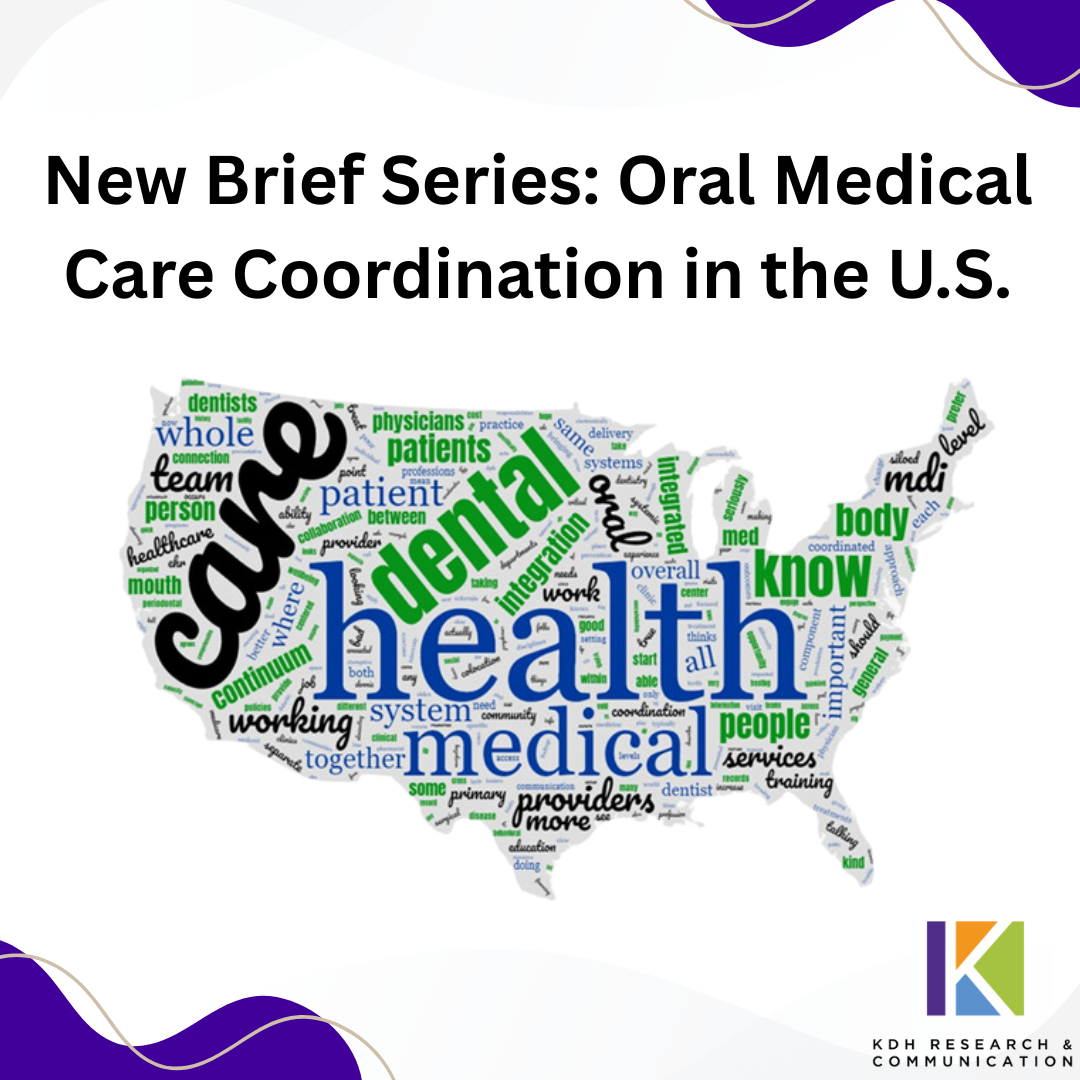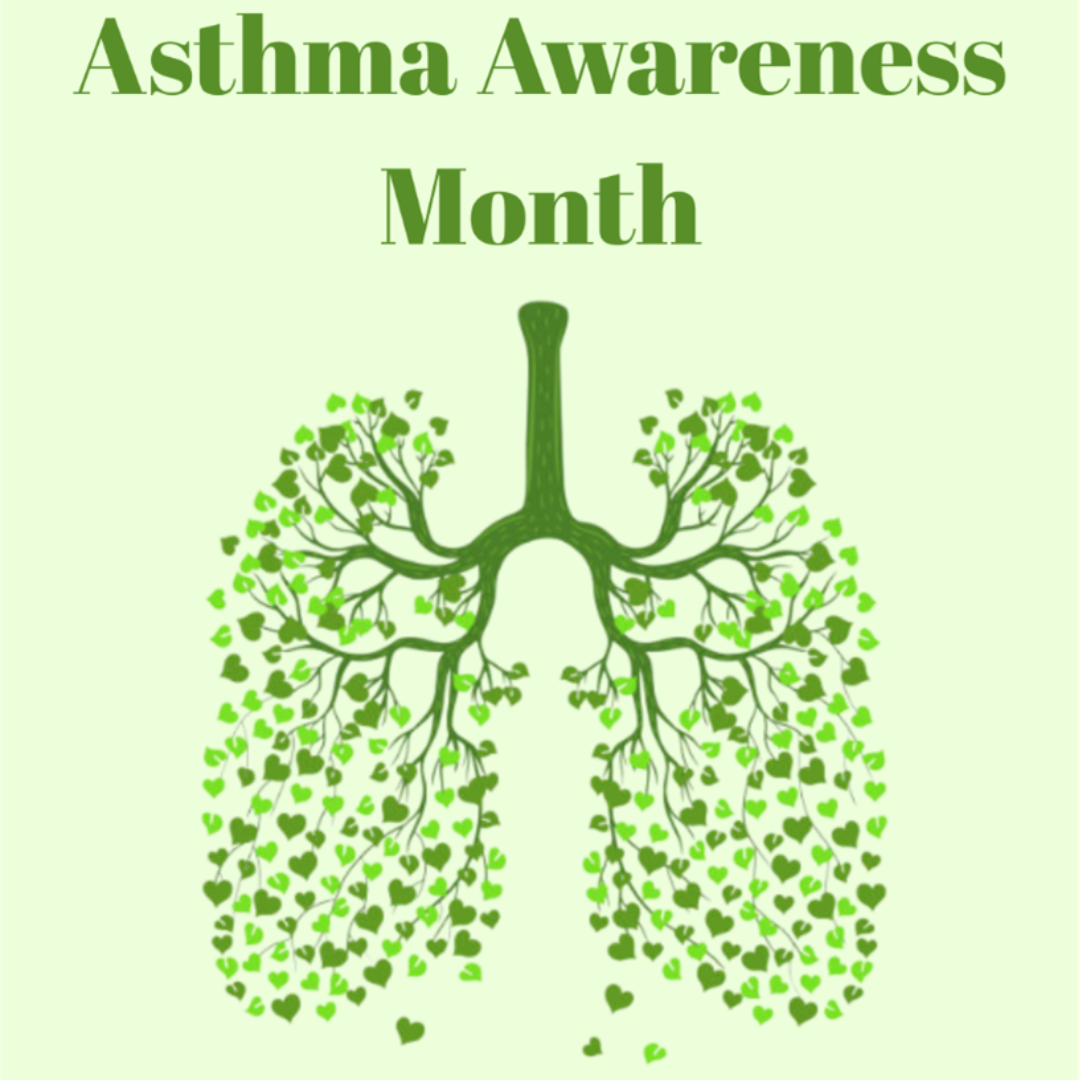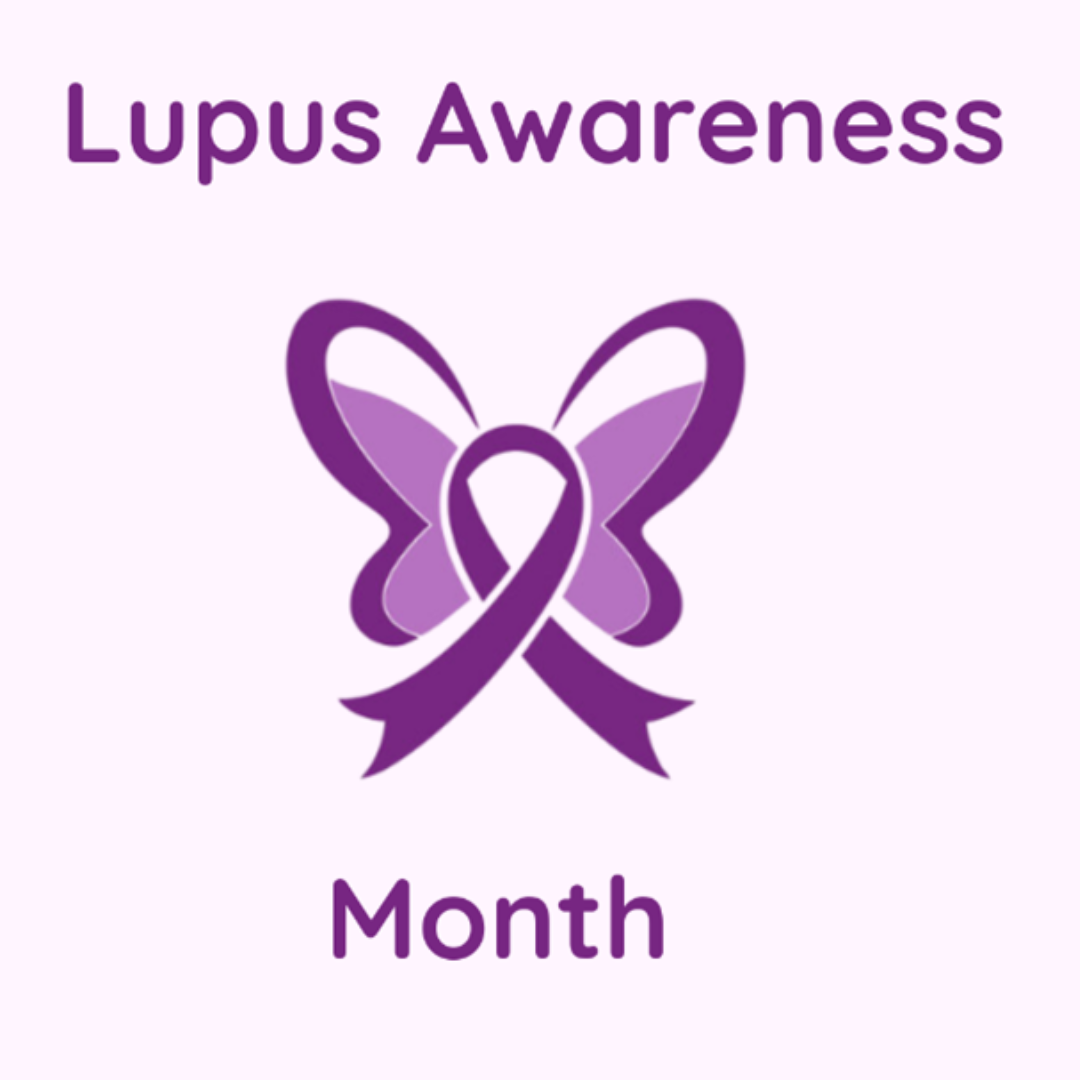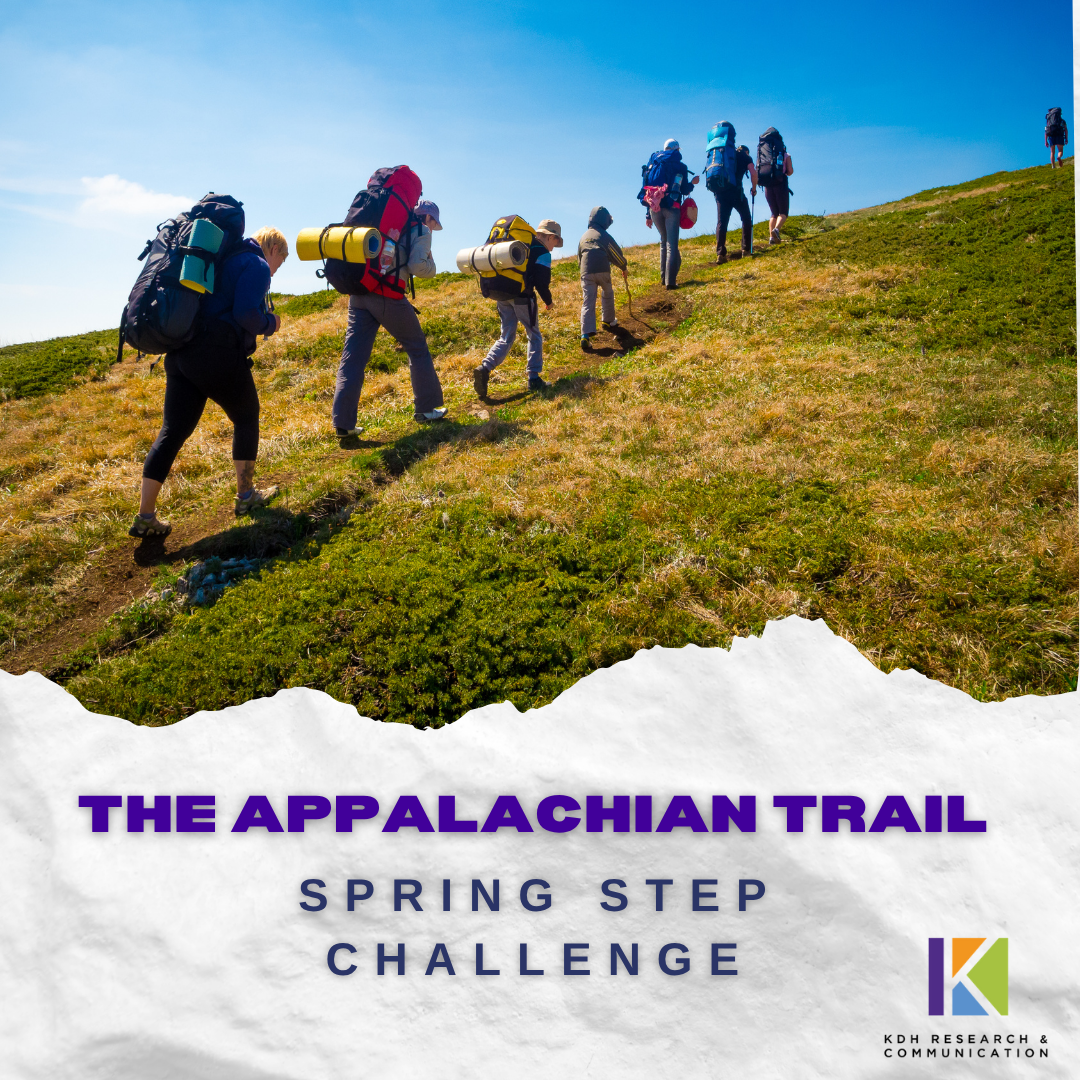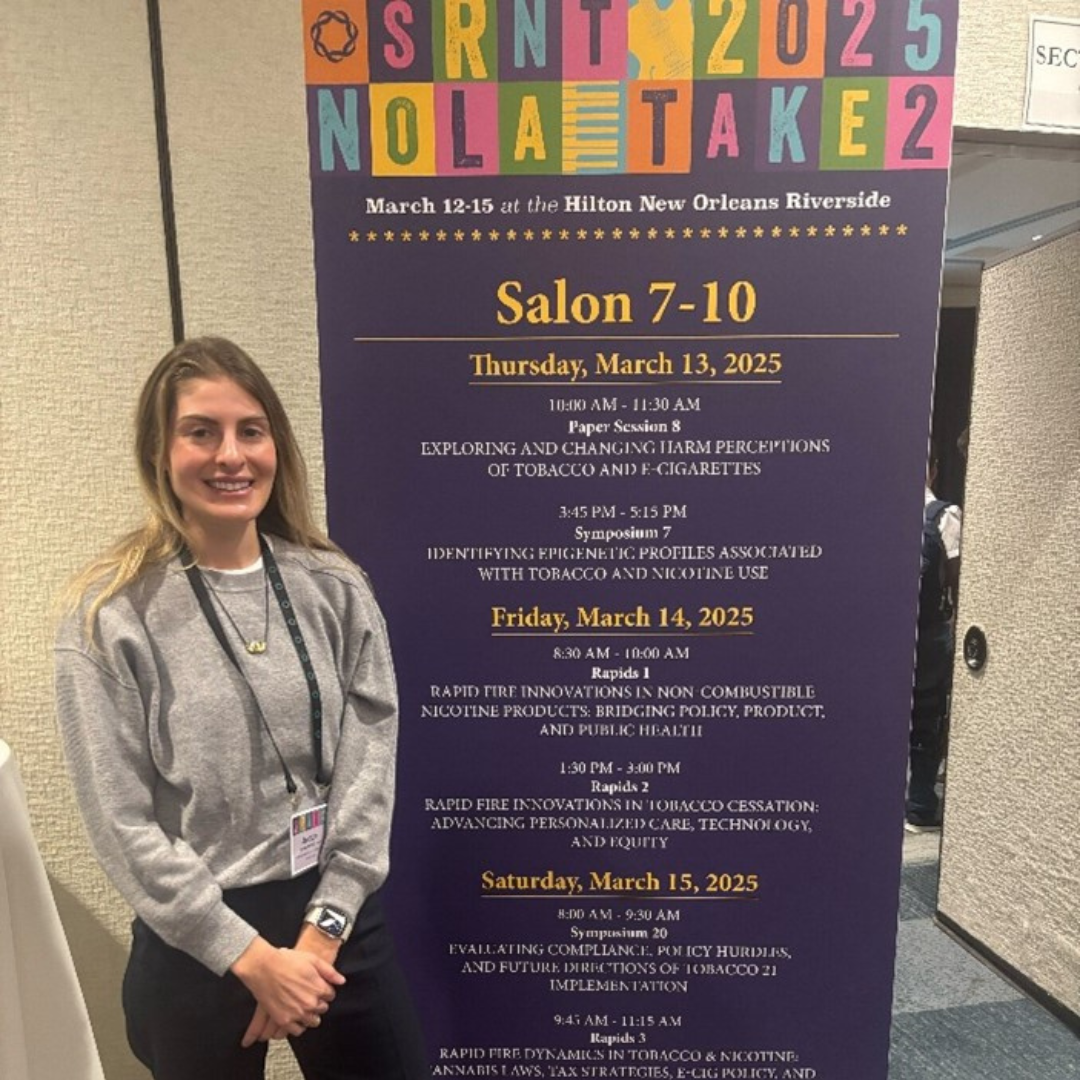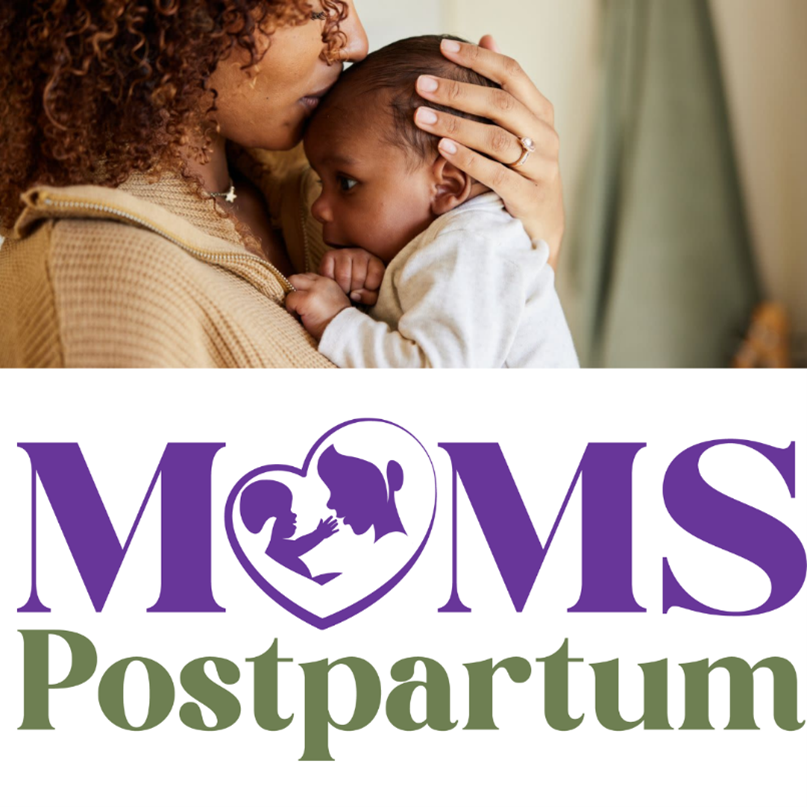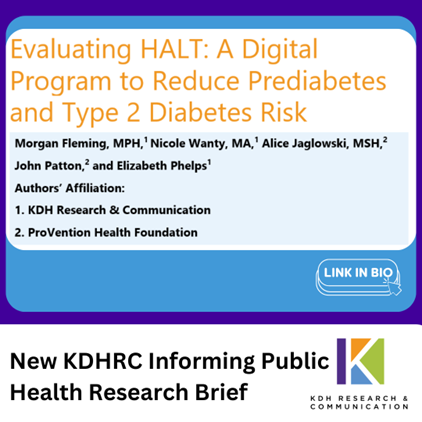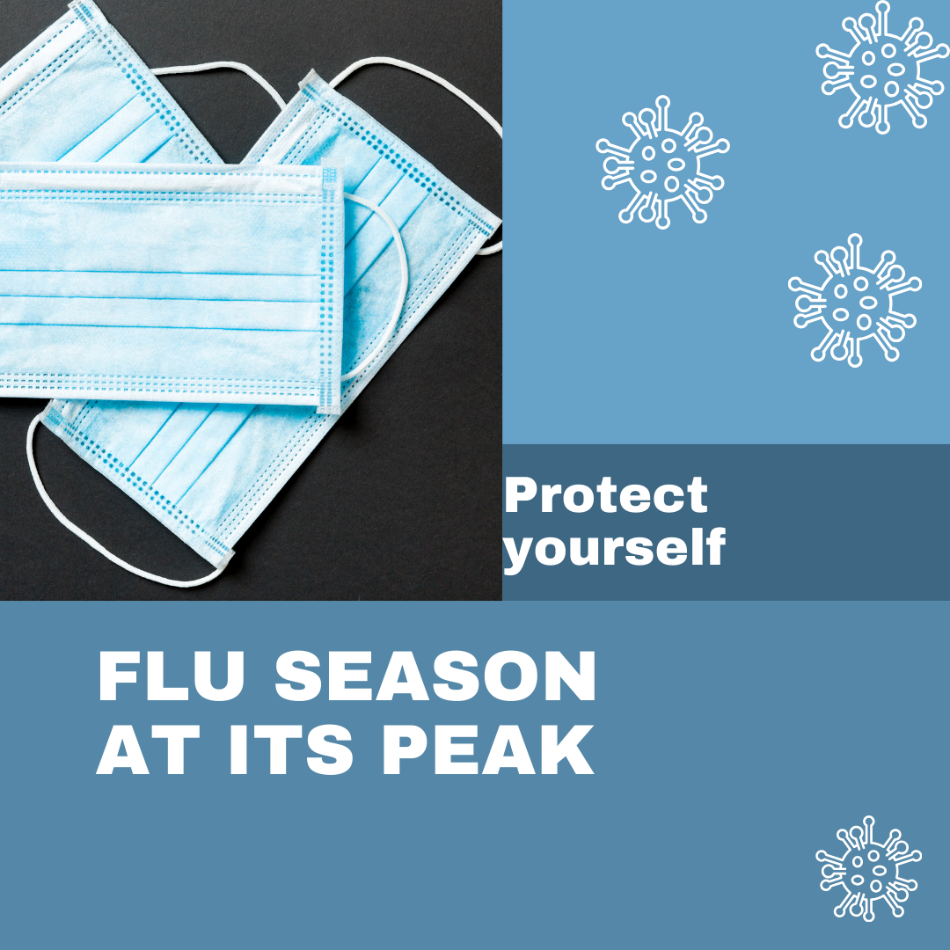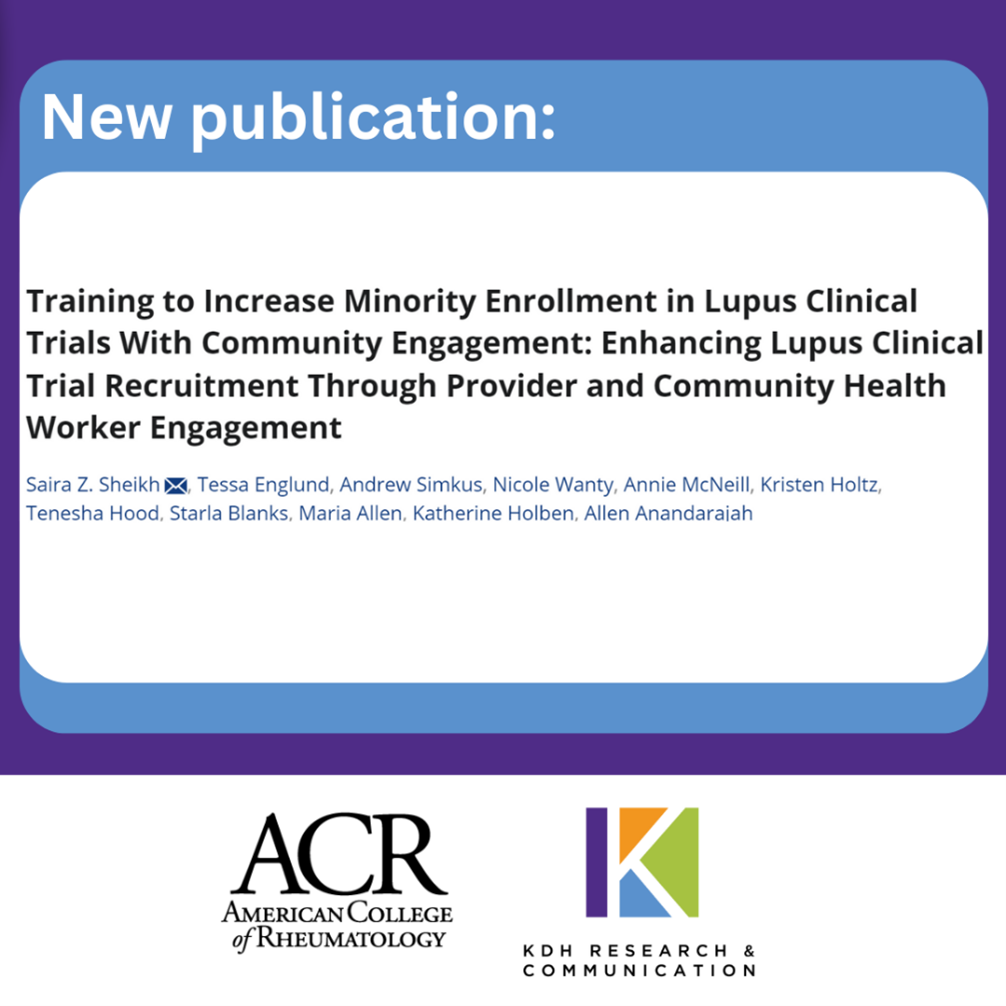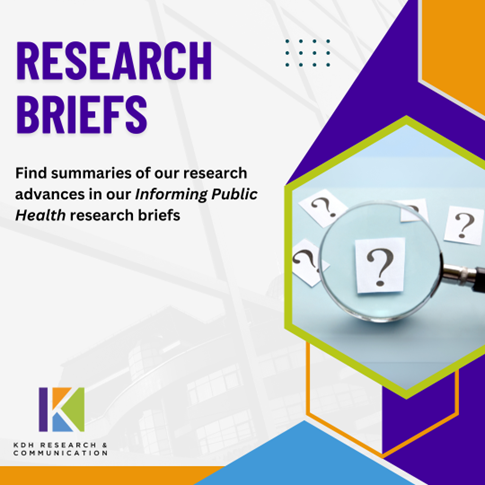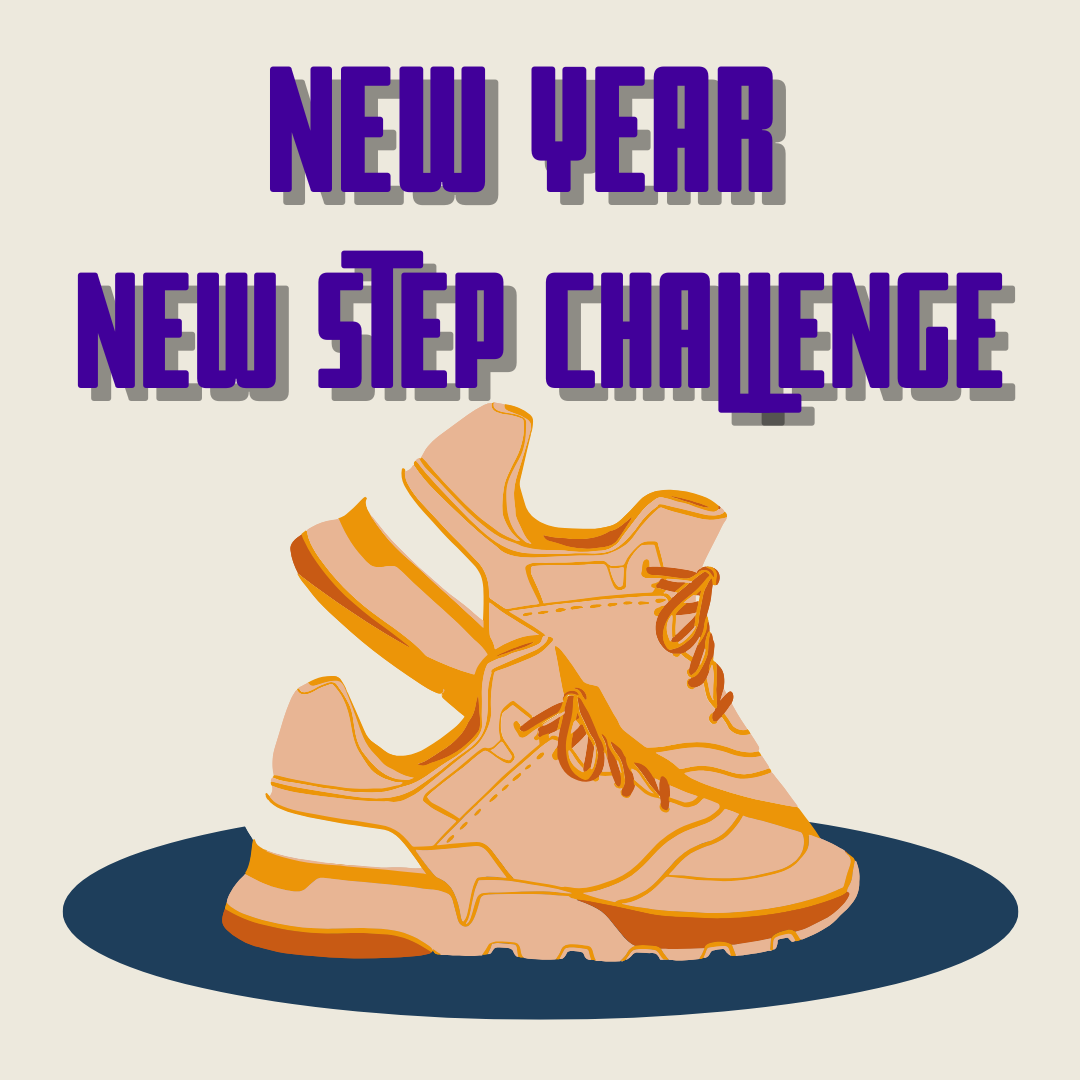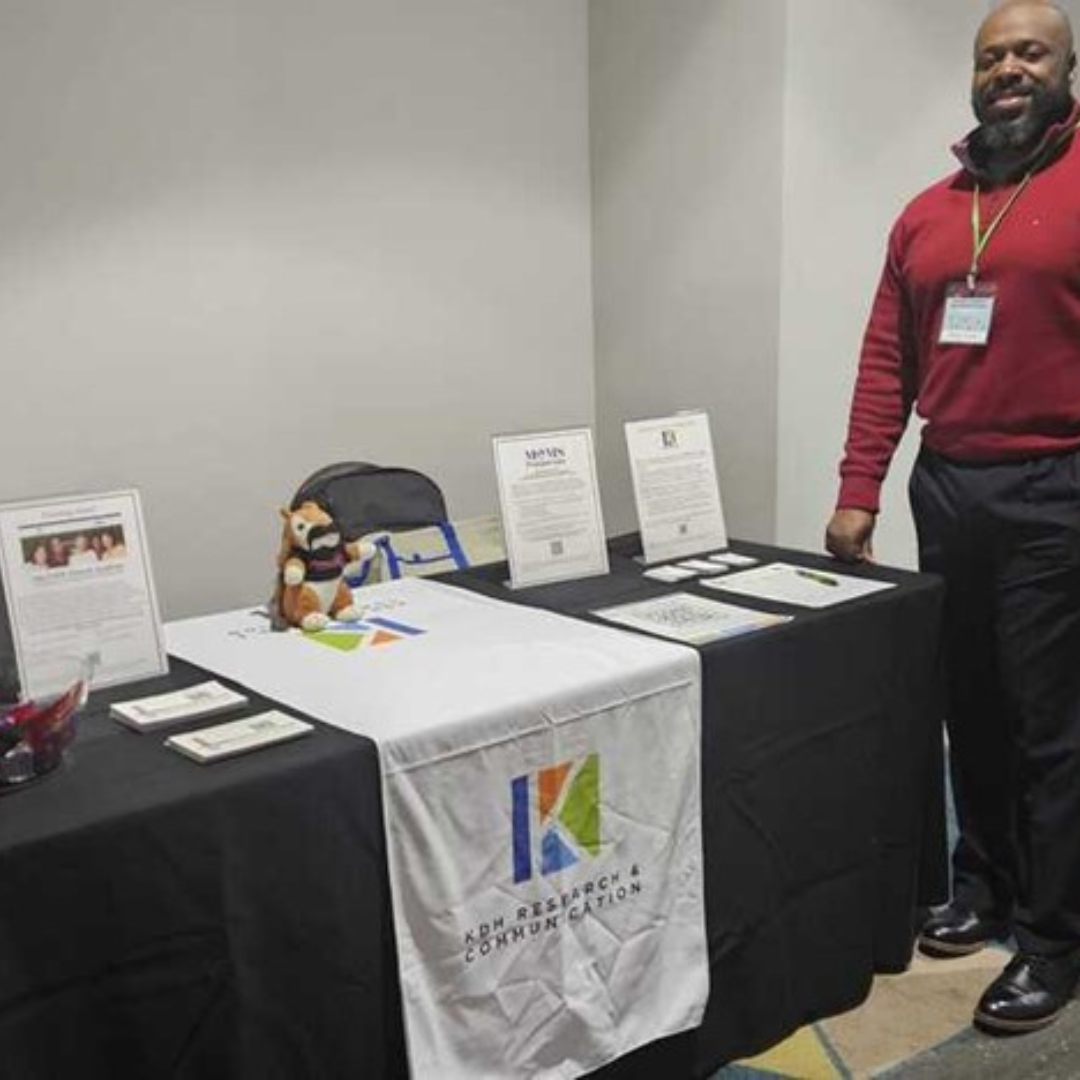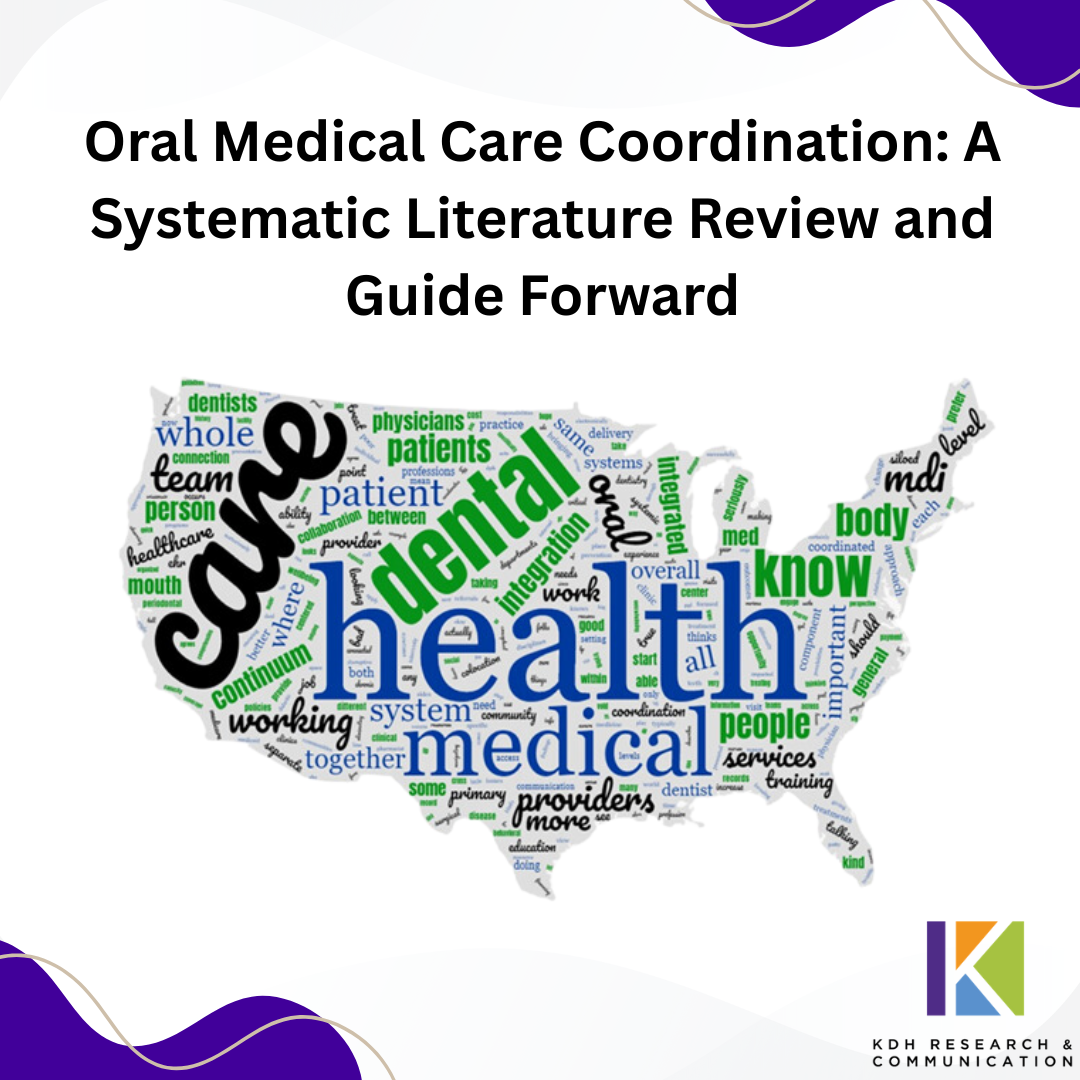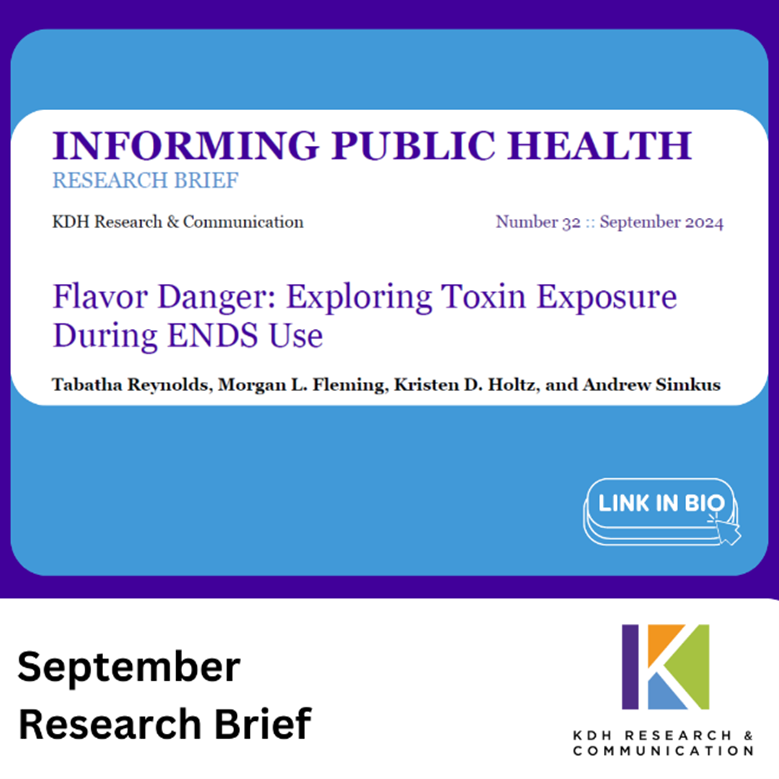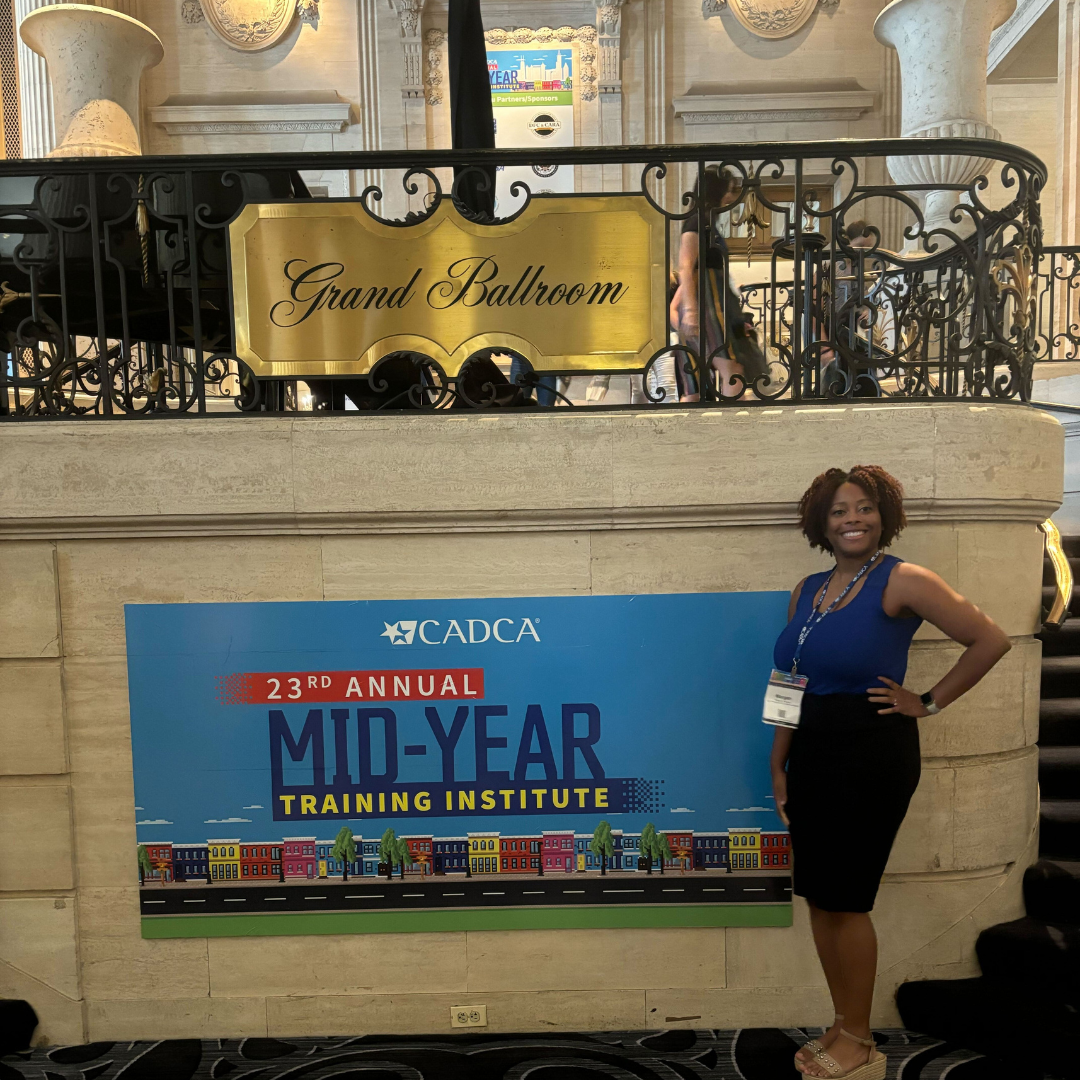Extra! Extra! Read all about us! From methodologies and milestones to deep thoughts and drivel, we do it all.
KDHRC has things to say. You can find our research in top journals,
leading conferences, and right here, in our Informing Public Health research briefs,
which summarize our research advances.
Nicole I. Wanty, MAA, Barbara Z. Park, RDH, MPH, Elizabeth R. Phelps, Kristen D. Holtz, PhD
Oral medical care coordination seeks to improve public health outcomes by integrating oral health and primary care (see research brief 34 in this series for more information). While the evidence base on the benefits of oral medical care coordination is robust, less is known about current levels of adoption of coordinated systems in the United States. The University of Iowa conducted the seminal comprehensive literature review on this topic in 2018, and, in 2021, KDHRC undertook a systematic effort to extend and update that research. We examined peer-reviewed articles, state oral health and chronic disease plans, and grey literature on oral medical care integration (see research brief 35 in this series).
Nicole I. Wanty, MAA, Barbara Z. Park, RDH, MPH, Elizabeth R. Phelps, Kristen D. Holtz, PhD
Oral medical care coordination seeks to improve public health outcomes by integrating oral health and primary care (see research brief 34 in this series for more information). While the evidence base on the benefits of oral medical care coordination is robust, less is known about current levels of adoption of coordinated systems in the United States. The University of Iowa conducted the seminal comprehensive literature review on this topic in 2018, and, in 2021, KDHRC undertook a systematic effort to extend and update that research. We examined peer-reviewed articles, state oral health and chronic disease plans, and grey literature on oral medical care integration (see research brief 35 in this series).
Nicole I. Wanty, MAA, Barbara Z. Park, RDH, MPH, Elizabeth R. Phelps, Kristen D. Holtz, PhD
Oral medical care coordination seeks to improve public health outcomes by integrating oral health and primary care (see research brief 34 in this series for more information). While the evidence base on the benefits of oral medical care coordination is robust, less is known about current levels of adoption of coordinated systems in the United States. The University of Iowa conducted the seminal comprehensive literature review on this topic in 2018, and, in 2021, KDHRC undertook a systematic effort to extend and update that research. We examined peer-reviewed articles, state oral health and chronic disease plans, and grey literature on oral medical care integration (see research brief 35 in this series).
Nicole I. Wanty, MAA, Barbara Z. Park, RDH, MPH, Elizabeth R. Phelps, Kristen D. Holtz, PhD
Oral medical care coordination seeks to improve public health outcomes by integrating oral health and primary care (see research brief 34 in this series for more information). While the evidence base on the benefits of oral medical care coordination is robust, less is known about current levels of adoption of coordinated systems in the United States. The University of Iowa conducted the seminal comprehensive literature review on this topic in 2018, and, in 2021, KDHRC undertook a systematic effort to extend and update that research. We examined peer-reviewed articles, state oral health and chronic disease plans, and grey literature on oral medical care integration (see research brief 35 in this series).
Nicole I. Wanty, MAA, Barbara Z. Park, RDH, MPH, Elizabeth R. Phelps, Kristen D. Holtz, PhD
Oral medical care coordination strives to improve public health outcomes by integrating care for the mouth and body to achieve reductions in poor oral health and chronic disease (see research brief 34 in this series for more information on the importance of oral medical care coordination and current barriers to its adoption).
Nicole I. Wanty, MAA, Barbara Z. Park, RDH, MPH, Elizabeth R. Phelps, Kristen D. Holtz, PhD
The coordination of oral and medical health services offer a potentially transformative approach to holistic health care, reflecting truly patient-centered care that addresses both the mouth and body.1 Historically, oral and medical health care providers (providers hereafter) have operated independently, leading to fragmented care that often overlooks the critical connections between oral health and overall physical well-being. In this research brief, we introduce the evidence base for oral medical care coordination and discuss why it matters. In subsequent briefs, we describe the key findings of a systematic literature review on this topic and offer an organized framework to move integrated care forward toward widespread implementation (see research briefs 35-39 in this series).
Morgan Fleming, MPH, Nicole Wanty, MAA, Alice Jaglowski, MSH, John Patton, and Elizabeth Phelps
In the United States, around thirty-six million people are predicted to meet the criteria for prediabetes by 2045. Prediabetes is a condition where blood sugar levels are higher than normal but not over the clinical threshold for type 2 diabetes diagnosis. Indeed, 1.2 million Americans are diagnosed with prediabetes and type 2 diabetes every year, resulting in substantial individual health risks. Prediabetes and type 2 diabetes decrease an individual’s life expectancy by two years and eight years, respectively. Further, both prediabetes and type 2 diabetes increase the risk of heart disease and stroke.
Tabatha Reynolds, Morgan L. Fleming, Kristen D. Holtz, and Andrew Simkus
Electronic nicotine delivery systems (ENDS) are the most popular tobacco product among adolescents, and flavors contribute to their popularity. Indeed, among youth who report ENDS use, 88% report using a flavored product. Research has well-established that flavors increase curiosity in ENDS initiation, facilitate easier use, and potentiate the addicting nature of ENDS. Youth are often attracted to using flavored vapes without knowing the severe health consequences.
Andrew Simkus, Kristen D. Holtz, Morgan L. Fleming, and Eric C. Twombly
Adolescent use of vapes remains a major public health concern, as 7.7% of middle and high school students reported vaping in 2023. To effectively curb vape use among adolescents, prevention messaging requires not only relevant information, but content that thoughtfully and accurately speaks to adolescents’ interests and concerns. Much prevention messaging for adolescents has centered around the potential health risks of vape use but vapes also have a substantial environmental impact. The production and improper disposal of vapes pollute the earth by introducing lithium, microplastics, and other contaminants into the environment.
Dexter L. Cooper; Andrew Simkus; Kristen D. Holtz; and Nicole I. Wanty
The number of caregivers without formal medical training is anticipated to continue growing across the United States (US), largely driven by the amount of baby boomers who require more assistance as they age. As the friends and family of older individuals respond to this growing need for these “informal” caregivers, they often find themselves taking on a new role with new responsibilities and stressors.
Andrew Simkus, Kristen D. Holtz, Eric C. Twombly, Nicole I. Wanty, and Morgan L. Fleming
As the COVID-19 pandemic surged in 2020, families suddenly faced a multitude of often-haphazard adaptations to school, work, and personal life. Intense social-distancing mandates accompanied these major transitions, distancing individuals further from friends and relatives. While a combination of factors affected pandemic-related stress, forced social isolation was perhaps most detrimental in terms of potential long-term effects, a particular concern for developing adolescents.
Andrew Simkus and Kristen D. Holtz
Harvard University and Brown University collaborated with the Census Bureau to build an interactive tool, which makes it easier to explore an impressive amount of available data regarding social mobility across the United States. This tool, “the Opportunity Atlas” compiled anonymous data from the Census and Federal income tax returns on 20 million Americans who were tracked from childhood through adulthood.
Andrew Simkus, Kristen D. Holtz, Eric C. Twombly, Morgan L. Fleming, and Nicole I. Wanty
Curbing the uptake of electronic nicotine delivery systems (ENDS) among adolescents is an important public health initiative because of the wide range of health and behavioral problems associated with ENDS use. One such problem is trouble with sleeping. Research has found that the stimulatory effects of nicotine from ENDS use disrupt sleep, however the directionality of this relationship has not been thoroughly explored, and sleep problems may increase the likelihood an individual initiates ENDS use.
Andrew Simkus and Kristen Holtz
In November of 2022, OpenAI previewed one of the most advanced large language models (LLMs) available to the public, Chat Generative Pre-trained Transformer (better known as ChatGPT). LLMs like OpenAI’s ChatGPT and Google’s Bard are a breakthrough in artificial intelligence (AI) allowing automatic learning and communication through natural language interactions with human users, information from the world wide web, and even other LLMs. The capabilities of LLMs have been expanding exponentially over a very short time.

